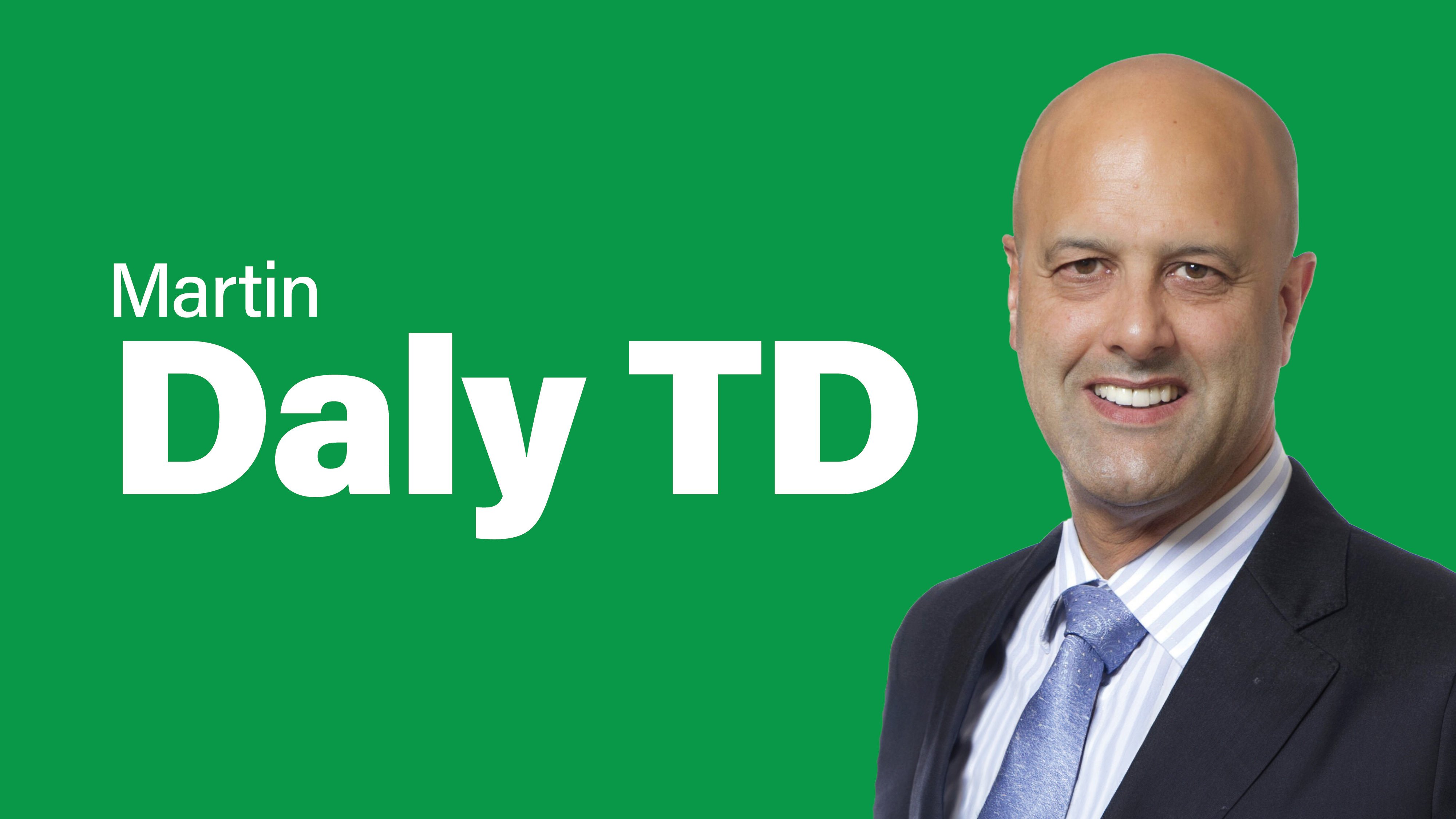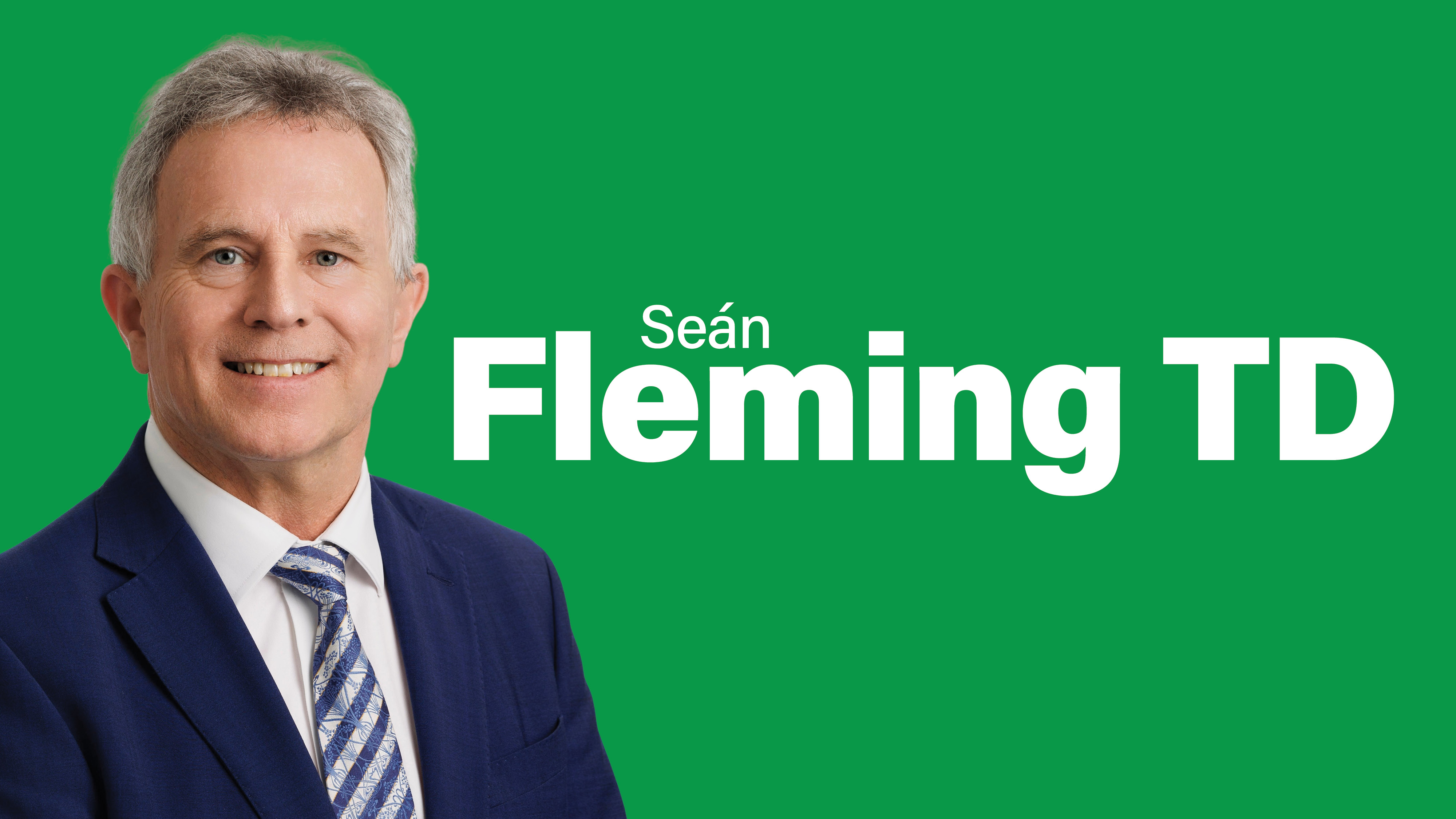"We Need to Make Weight-Loss Drugs Easier to Get, But Harder to Misuse" - Dr. Martin Daly TD
Published on: 18 August 2025
We Need to Make Weight-Loss Drugs Easier to Get, But Harder to Misuse
By Dr. Martin Daly TD
Ireland has one of the highest obesity rates in Europe. Around 60pc of adults are overweight or obese. Obesity is a chronic disease that increases the risk of heart disease, diabetes, stroke, cancer and disability.
We cannot afford to ignore the opportunity that drugs like Ozempic, Wegovy and Mounjaro present. They are not a silver bullet, but they are enormously valuable tools in tackling a disease that has proved so difficult to treat. However, unless we take a proactive and responsible approach, these medications will become the preserve of the wealthy while others are forced to turn to unsafe and unregulated sources.
At present, strict criteria such as BMI thresholds mean many people who could benefit from these treatments are excluded.
My fear is that this will encourage people to look elsewhere: either to beauty clinics – which raises concerns about the direction of care – or to the unregulated black market, where there is no guarantee of quality control or safety, proper assessment or medical supervision.
We already see evidence of unapproved weight-loss drugs being sold illegally in Ireland, including products still in clinical trials abroad. I have witnessed unsafe and inappropriate prescribing of such drugs to young people who have poor body image. Without action, this problem will grow.
The rise of private clinics offering “doctor- led” weight-loss injections outside hospital or GP-led care further highlights the risk of creating a two-tier system, where those who can afford to pay are catered for while everyone else is left behind.
Expanding access through our public health system, including through the medical card and the Drugs Payment Scheme, is essential.
These drugs are expensive and, for most people, need to be taken long-term. If we restrict access to those who can pay out of pocket, we will worsen health inequalities.
We should view access to effective weight-loss medication not as a cost, but as an investment in people’s health.
None of this is to say that Ozempic, Wegovy and Mounjaro should be handed out casually. Far from it. These are potent drugs with potentially serious side-effects that include pancreatitis, gallbladder problems and muscle loss.
Let’s not forget the mental impact this could have on young people with eating disorders who need professional support when using these medications. That is why any prescription for these drugs must be issued in a medical setting. Patients must follow a comprehensive assessment, including psychological and lifestyle factors, and undergo regular monitoring.
Used appropriately, and as part of a wider strategy that also promotes a healthy diet, exercise and education, these drugs can be transformative. Used carelessly or obtained illegally, they can be dangerous.
Medication is a valuable tool, but it must be combined with lifestyle interventions, psychological support and prevention policies if we are to make lasting progress.
As legislators, we face a clear choice. We can cling to restrictive access criteria and allow weight-loss medication to become a privilege for the few, driving desperate people towards unsafe alternatives; or we can take control by widening access through legitimate medical channels, ensuring proper oversight and reducing the dangerous inequalities.
Obesity is one of the greatest public health challenges of our time, and while these drugs are not a panacea, they can, if used properly, change lives and improve our health.
-END-


